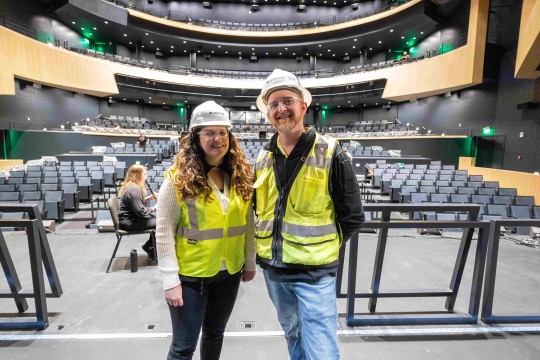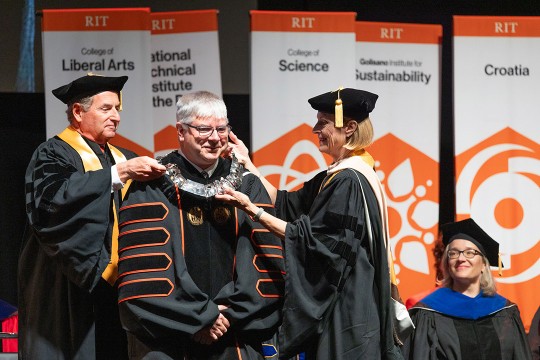School of Individualized Study
Can you recognize problems and identify solutions? Are you a creative, out-of-the box-thinker? Do you have entrepreneurial pursuits? Are you a risk-taker? Will you shape the community around you?
Students in the School of Individualized Study (SOIS) are independent, mission-driven learners. They often have a range of interests that don’t fall into one convenient major. SOIS degrees allow students to explore the integration of multiple degree programs to create a customized program that meets specific career aspirations.
Learn more about School of Individualized Study

Individualized Program BS

Professional Studies MS
Experiential Learning
Individualized, personal career and academic counseling will help identify your interests and guide you through course selection.
Personalized Attention
The resources you need, all in one place, to help you achieve your goals.
Support and Resources














